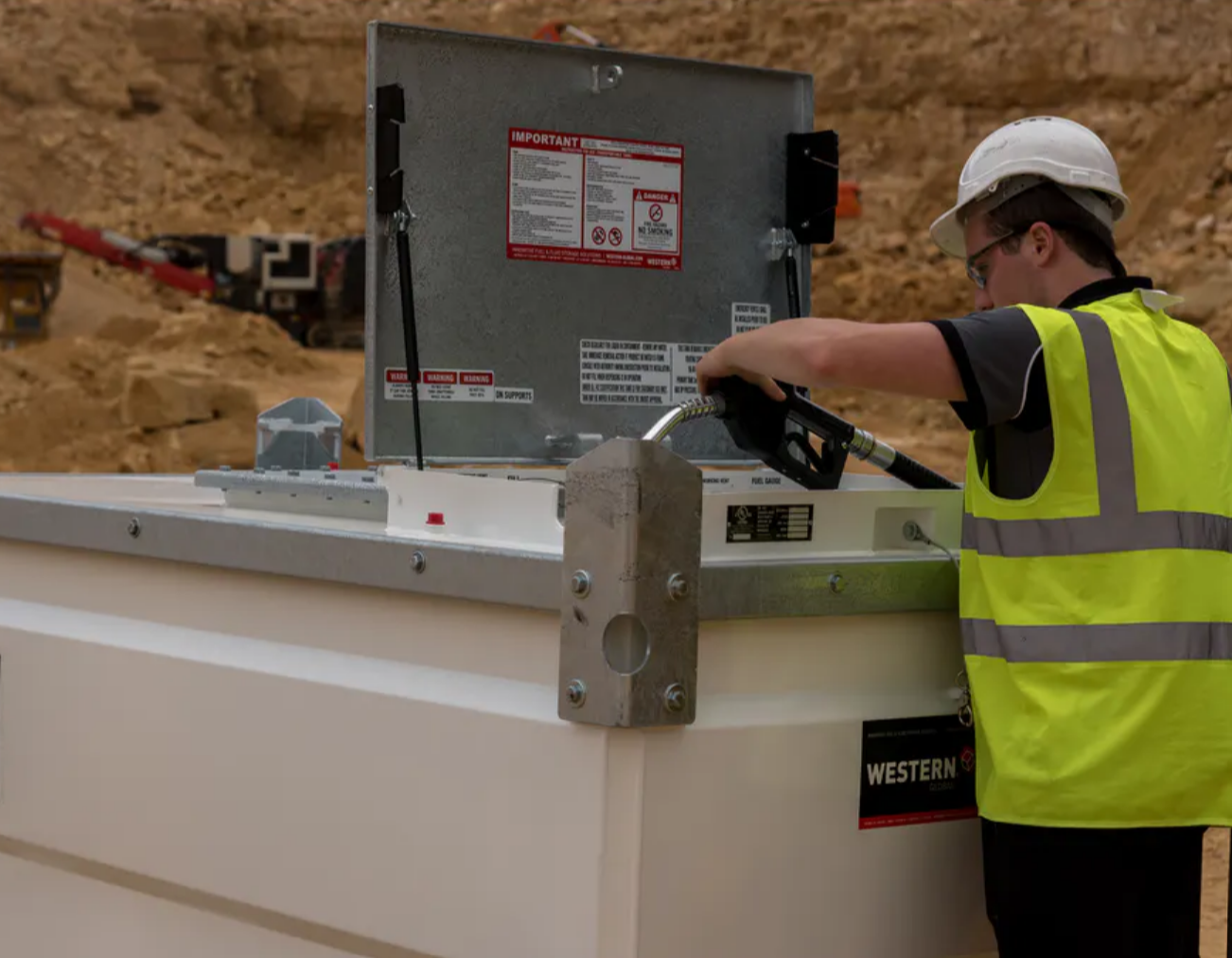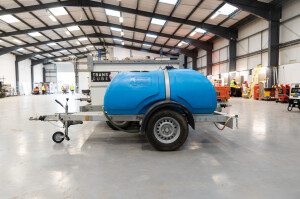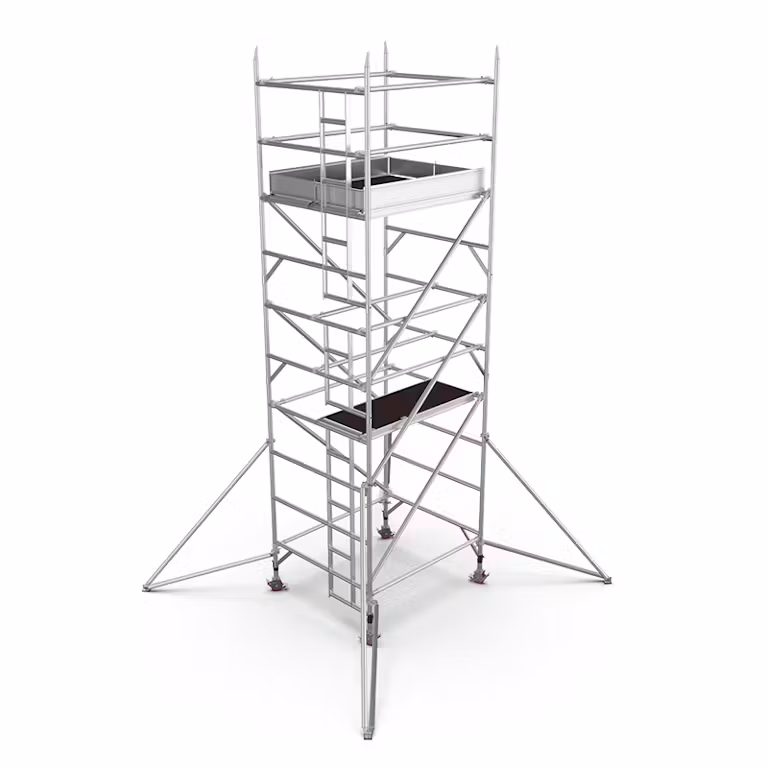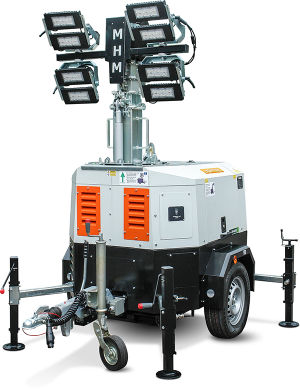Introduction
When it comes to transporting and storing fuels, towable fuel bowsers can play a vital role on site. Whether for construction sites, agricultural operations, or remote locations, these portable fuel storage solutions are designed to ensure efficient and safe fuel distribution.
This comprehensive guide will provide you with an in-depth understanding of towable fuel bowsers, covering their features, benefits, regulations, maintenance, and more.
Table of Contents
- What are Towable Fuel Bowsers?
- Key Features and Components
- Benefits of Using Towable Fuel Bowsers
- Regulations and Safety Considerations
- Choosing the Right Towable Fuel Bowser
- Maintenance and Longevity
- Environmental Considerations
- Conclusion
1. What are Towable Fuel Bowsers?
- Towable fuel bowsers, also known as fuel trailers or mobile fuel tanks, are portable storage and transportation solutions specifically designed for safely carrying and dispensing various types of fuels.
- These browsers are typically mounted on a trailer chassis, making them easily towable by vehicles, such as trucks or tractors.
- They come in various sizes and configurations to cater to different fuel storage and transportation needs.
2. Key Features and Components
Towable fuel bowsers are equipped with a range of features and components to ensure efficient and secure fuel handling:
- Tank: The primary storage container for fuels, usually constructed from durable materials like steel or high-density polyethylene (HDPE) to resist corrosion and ensure safety.
- Pump System: Bowsers are fitted with pumps to facilitate fuel dispensing. These pumps can be manual, electric, or powered by the towing vehicle's engine.
- Hose and Nozzle: Fuel bowsers are equipped with hoses and nozzles for controlled and precise fuel dispensing.
- Venting and Overfill Prevention: Venting systems prevent pressure buildup within the tank, while overfill prevention mechanisms ensure the tank isn't filled beyond safe levels.
- Lockable Cabinet: Many models include lockable cabinets to house the pump, hoses, and nozzles securely.
- Chassis and Suspension: The trailer chassis and suspension system enable safe towing over various terrains.
3. Benefits of Using Towable Fuel Bowsers
Utilising towable fuel bowsers offers several advantages:
- Mobility: Bowsers are portable, allowing you to transport fuel to remote or temporary locations, eliminating the need for stationary storage tanks.
- Cost Savings: With a bowser, you can buy fuel in bulk, often at a lower price, reducing frequent refuelling and associated costs.
- Time Efficiency: On-site refuelling saves time, increasing operational efficiency and reducing downtime.
- Customization: Bowsers can be tailored to your specific fuel requirements, including multiple compartments for different fuel types.
- Regulatory Compliance: Many bowsers adhere to stringent safety and environmental regulations, ensuring legal compliance.
- Emergency Response: Bowsers can serve as emergency fuel supplies during natural disasters or unforeseen events.
4. Regulations and Safety Considerations
When using towable fuel bowsers, adhering to safety regulations is very important. Depending on your location and the type of fuel you're transporting, there are likely regulations from governmental agencies and industry standards organisations that you must follow.
These regulations often cover aspects like tank design, transportation, storage, labelling, and spill prevention.
Common safety considerations include:
- Flammable Liquid Storage Guidelines: Ensuring that the bowser is compliant with guidelines for storing flammable liquids safely.
- Static Electricity Prevention: Implementing measures to prevent static electricity buildup during fuel transfer to avoid potential ignition sources.
- Grounding: Proper grounding to prevent sparks during fuel transfer.
- Spill Containment: Incorporating spill containment systems to minimise the impact of spills on the environment.
- Emergency Shutdown: Equipping the bowser with emergency shutoff mechanisms in case of accidents or malfunctions.
5. Choosing the Right Towable Fuel Bowser
Selecting the appropriate towable fuel bowser involves considering various factors:
- Capacity: Determine the required fuel capacity based on your operational needs and how frequently you'll need to refuel.
- Fuel Types: Some browsers are designed to transport specific types of fuel (e.g., diesel, gasoline, aviation fuel). Choose one compatible with your needs.
- Pump Type: Choose a pump system that aligns with your refuelling requirements, whether manual, electric, or hydraulic.
- Materials: Opt for tanks constructed from corrosion-resistant materials, especially if the bowser will be exposed to harsh environments.
- Safety Features: Ensure the bowser meets relevant safety standards and includes features like venting, grounding, and overfill protection.
- Mobility: Consider the terrain where the bowser will be used and choose a model with suitable suspension and towing capabilities.
6. Maintenance and Longevity
Proper maintenance is crucial for the longevity and safe operation of your towable fuel bowser:
- Regular Inspections: Conduct routine inspections of the tank, pump, hoses, and other components to identify and address any issues.
- Cleaning: Clean the tank periodically to prevent sediment buildup that can compromise fuel quality.
- Sealing and Gaskets: Inspect and replace seals and gaskets to prevent leaks and maintain safety.
- Pump Maintenance: Regularly service the pump system to ensure smooth operation and prevent fuel contamination.
- Corrosion Prevention: Apply protective coatings to prevent corrosion and extend the life of the tank.
7. Environmental Considerations
Using towable fuel bowsers responsibly is vital to minimise environmental impact:
- Spill Prevention: Employ spill containment systems and develop spill response plans to mitigate the effects of potential fuel leaks.
- Fuel Quality: Ensure the fuel stored in the bowser is of high quality to minimise emissions and engine issues.
- Leak Detection: Install leak detection systems to quickly identify and address any fuel leaks.
Conclusion
Towable fuel bowsers are indispensable for various industries that require on-site fuel storage and transportation.
By understanding their features, benefits, safety considerations, and maintenance requirements, you can make informed decisions when choosing and utilising these portable fuel storage solutions. As regulations evolve and technology advances, towable fuel bowsers will continue to play a vital role in ensuring efficient and safe fuel distribution while minimising environmental impact.





